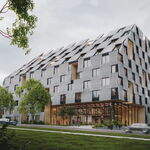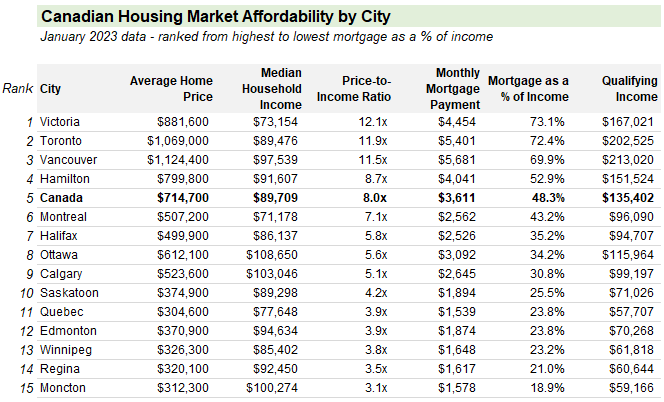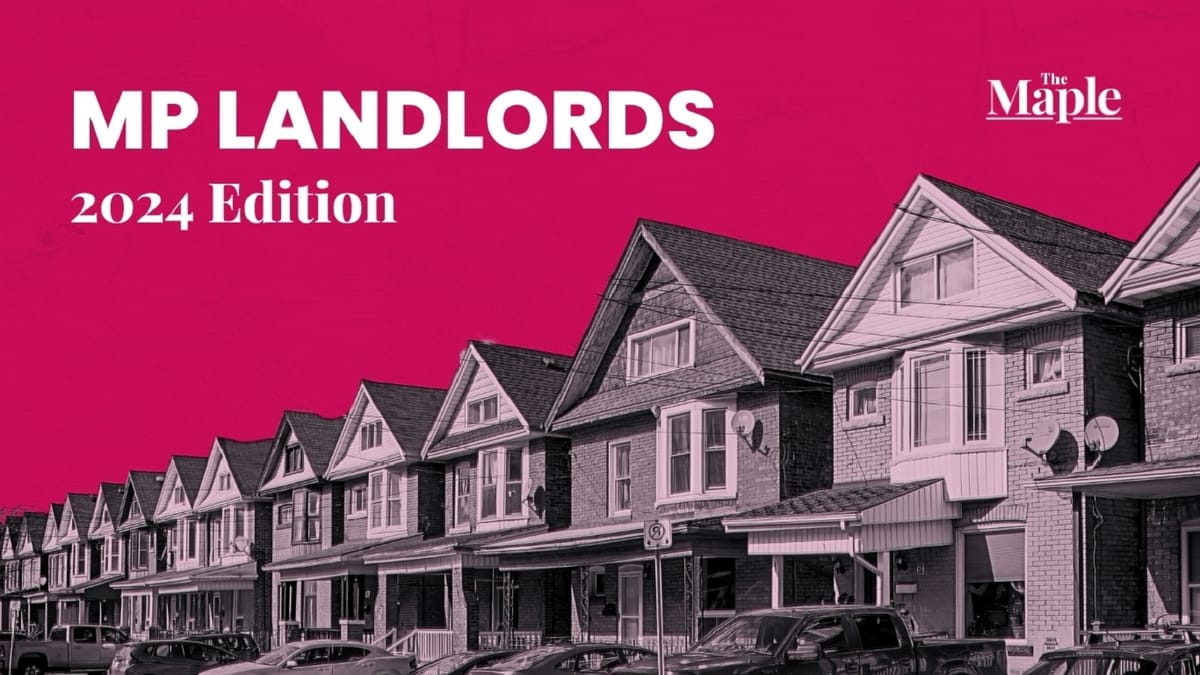You can have decent density with a significant mix of SFH if you don't design around the car. Houten is a mostly low-rise SFH suburb in NL with 50k people in a built up area of 5 km2. 10k per km2 is quite dense, and enough to support decent transit. And it has a lot of greenspace, maybe not always well-allocated--I'm not a big fan of big grassy verges on roads. I'd rather the green space were in people-oriented spaces and parks.
We could have this pattern of development, but it requires building greenfield communities around transit and active transportation from day one. I think most suburbanites would actually find it decently appealing as it still has a certain sleepy small town quality, and there are even some big box stores. If/when we eventually have transport as a service/autonomy, I think it makes it even easier to be car-light in the neighbourhood design and cuts down on the need for garages etc.






